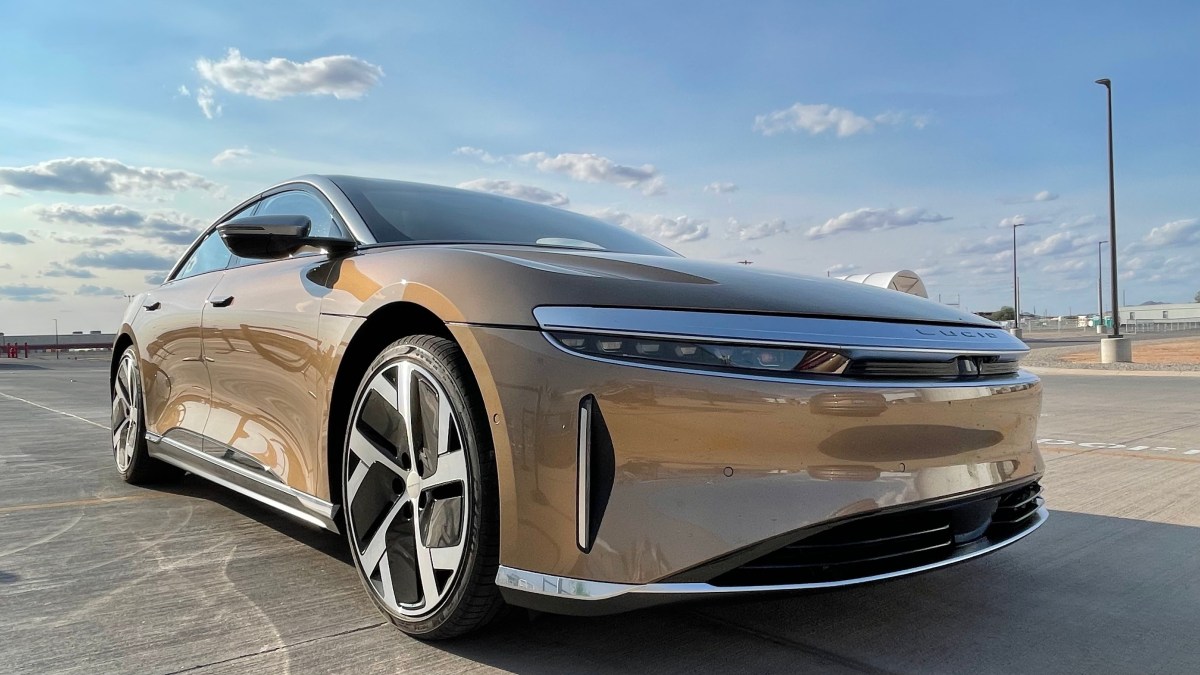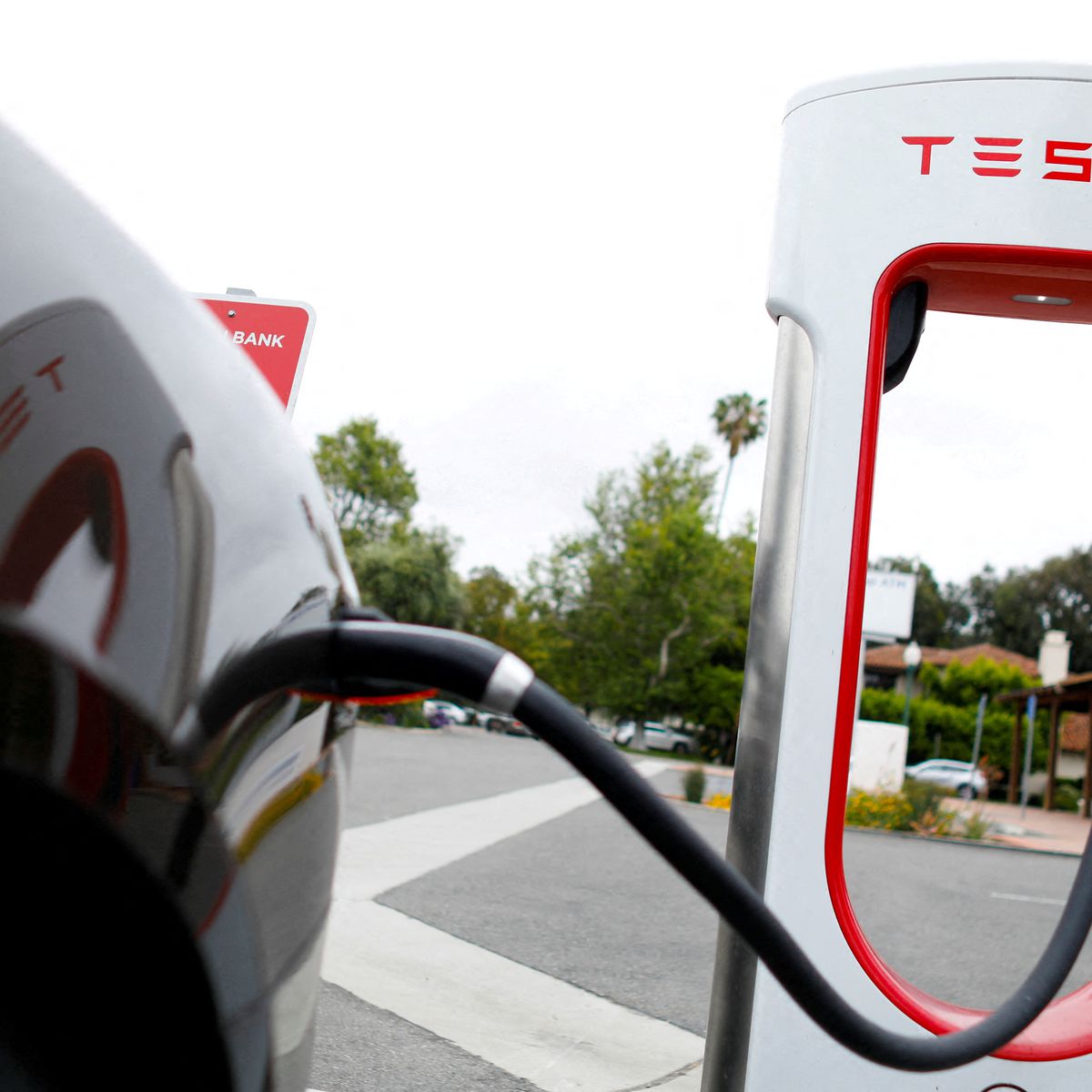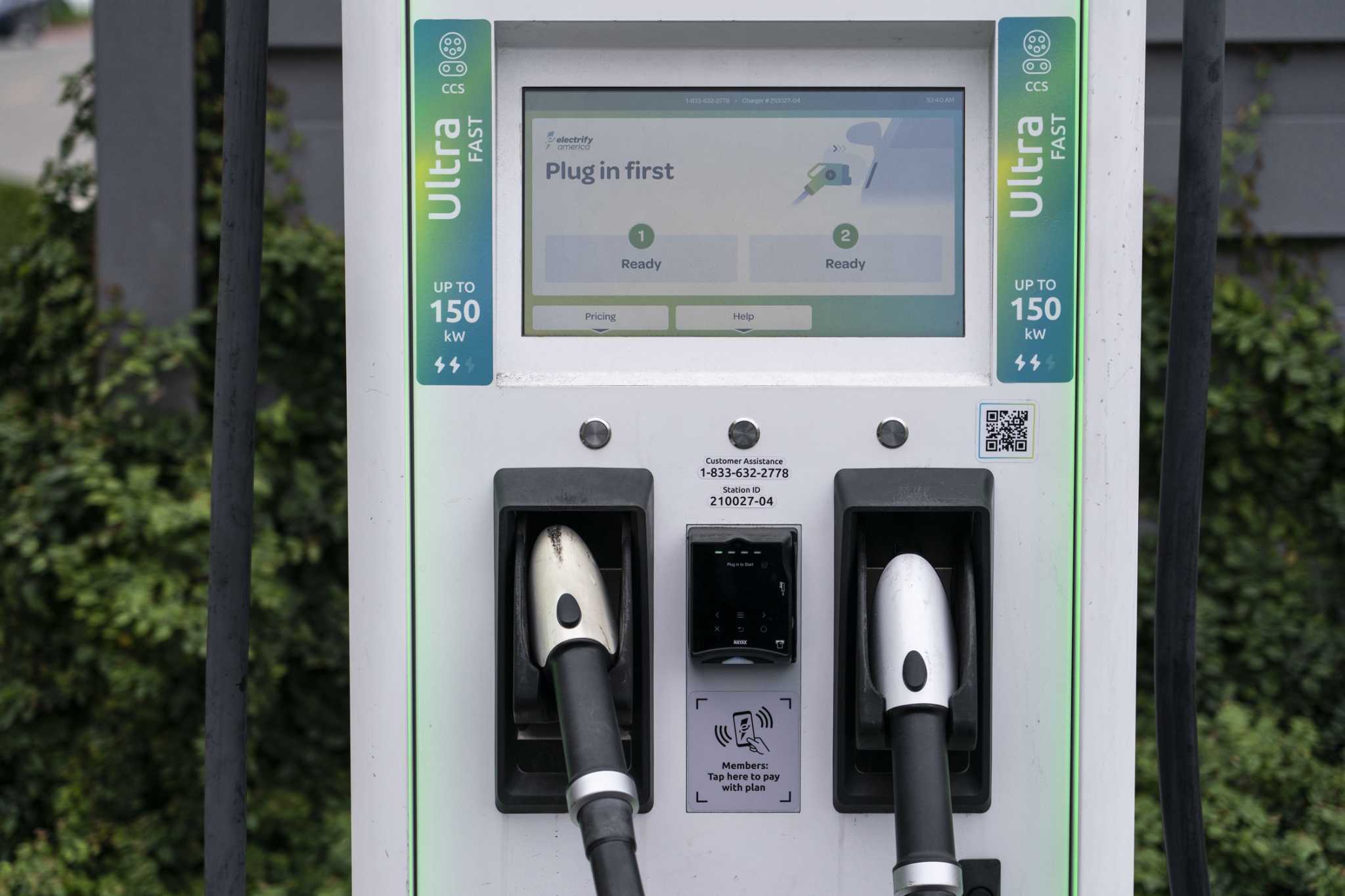Tesla has announced the implementation of congestion fees at select Supercharger stations in the United States. Effective immediately, drivers will be charged an additional $1 per minute for charging their electric vehicles beyond 90%, but only during periods of high station occupancy. This move comes just in time for the upcoming Thanksgiving holiday, which is known to be one of the busiest travel periods in the country.
Key Takeaway
Tesla has introduced congestion fees at some Supercharger stations in the U.S., charging drivers an extra
per minute for charging beyond 90% when the stations are busy. This is part of Tesla’s efforts to manage increased demand and expand its Supercharger network.
The specifics of how busy a station needs to be before congestion fees apply have not been disclosed by Tesla. However, the company has stated that these fees will replace the previous “idle fees” that were charged when half of the station’s available chargers were occupied after vehicles were fully charged.
Previously, Tesla had maintained that the purpose of the idle fees was solely to improve customer satisfaction and not to generate profit. However, this language does not appear on the updated support page, indicating a possible shift in the company’s stance.
It is believed that Tesla’s decision to introduce congestion fees is a response to its expansion plans. The company is now allowing EVs from other automakers to utilize its Supercharger stations in order to access federal funds through the Inflation Reduction Act. This change is expected to result in a higher volume of vehicles at the stations, necessitating the introduction of congestion fees to manage the increased demand.
Importantly, it should be noted that the implementation of congestion fees also applies to Tesla owners who have been enjoying complimentary charging. All vehicles, regardless of their charging arrangement, will be subject to these additional charges.
Previous reports had suggested that the congestion fees would only be applicable once the vehicle’s battery hit 80% charge. This is due to the fact that charging speeds tend to slow down around that capacity level to prevent overheating, whether it be for an electric vehicle or a smartphone.

























